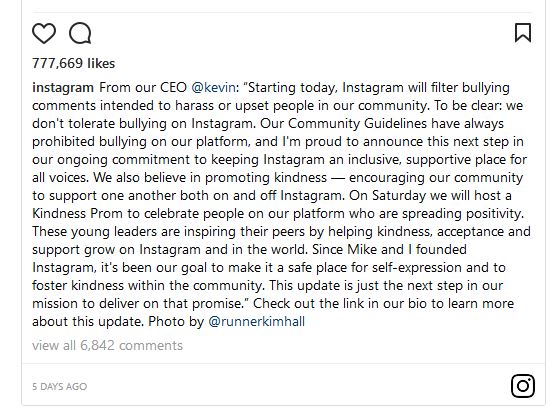"Roseanne" Gets Cancelled After Racist and Islamophobic Tweet
/The revival of TV show "Roseanne has gotten a lot of press, and now there's more, but not for good news. The new season addressed political and social issues, with Roseanne, on the show and in real life, a Trump supporter, and she has a transgender and a black grandchild on the show.
But Roseanne crossed the line in a tweet, criticizing former President Obama's adviser Valerie Jarrett as a mix between "muslim brotherhood & planet of the apes.” The missive was part of a series of tweets about Roseanne's view that Jarrett covered up inappropriate actions during the Obama Administration.
At first, she defended her post as "a joke": “ISLAM is not a RACE, lefties. Islam includes EVERY RACE of people.” Roseanne eventually apologized.
ABC Network's response was swift and direct. CEO Robert Iger announced that the show will be cancelled.
Although Roseanne was ABC's most popular show, it was suspiciously not mentioned during the network's recent earnings call until someone asked a question. Perhaps issues existed before this tweet.
Discussion:
- What's your view of the tweet? Does Roseanne's role as a comedian excuse it? Is she just being her authentic self? Or something else?
- Did ABC make the right decision? What are the consequences either way?


















